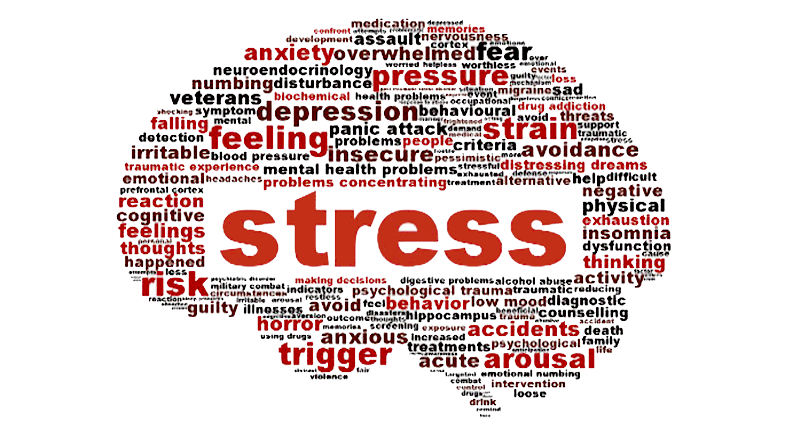Stress affects far more than your mood — it can also have serious physical consequences, including on your jaw health. If you’re experiencing jaw soreness, headaches, or facial tension, stress could be a major underlying factor. Understanding the connection between stress and TMJ pain is a critical step toward lasting relief.
What Is TMJ Pain?
The temporomandibular joint (TMJ) is the hinge that connects your jaw to your skull, allowing you to chew, speak, and swallow. When the TMJ or surrounding muscles become strained or inflamed, it can cause a wide range of symptoms, including:
-
Jaw pain or tenderness
-
Headaches
-
Difficulty chewing
-
Clicking or popping sounds in the jaw
-
Earaches or ringing in the ears
This condition, known as temporomandibular joint disorder (TMD), affects millions of individuals each year — and stress is one of the leading causes.
How Stress Contributes to TMJ Pain
1. Increased Muscle Tension
When you're under stress, your body instinctively tightens muscles throughout your body — including those in the jaw, neck, and shoulders. Over time, this tension can strain the TMJ, leading to inflammation, discomfort, and restricted movement.
2. Jaw Clenching and Teeth Grinding (Bruxism)
Stress is a major trigger for bruxism — the unconscious clenching or grinding of teeth, often during sleep. Repeated clenching places excessive pressure on the TMJ and can damage the joint structures, worsening pain over time.
Clinical Insight:
Studies have shown that individuals experiencing chronic stress are significantly more likely to develop bruxism and TMJ symptoms.
3. Central Nervous System Sensitization
Persistent stress doesn’t just affect muscles — it also amplifies the nervous system's sensitivity to pain. This phenomenon, known as central sensitization, can make even mild jaw irritation feel intensely painful.
Recognizing Signs of Stress-Related TMJ
If you notice the following symptoms during stressful periods, stress may be fueling your TMJ issues:
-
Jaw tightness upon waking
-
Headaches that start around the temples
-
Sore or fatigued jaw muscles after periods of concentration
-
Difficulty opening the mouth wide
-
Increased teeth sensitivity (from grinding)
Early intervention is key to breaking the stress–TMJ cycle before it becomes chronic.
Managing Stress to Protect Your TMJ
Effectively managing stress can significantly reduce TMJ symptoms and prevent flare-ups. Clinically recommended strategies include:
-
Mindfulness meditation and breathing exercises
-
Physical therapy focused on jaw and neck relaxation
-
Biofeedback therapy to control muscle tension
-
Adopting good sleep hygiene to reduce nighttime clenching
-
Gentle stretching exercises for the jaw and face
Additionally, supporting your body with natural calming agents can help ease muscle tension naturally.
Natural Support for Stress-Induced TMJ Pain
At JawHealthHub, we recognize the critical link between stress and TMJ disorders. That’s why we developed TMJ ComfortPlus, a natural supplement designed to help relax jaw muscles and disrupt the TMJ pain cycle at its source.
Formulated with clinically studied ingredients like Valerian Root, Chamomile, Passionflower, and Lemon Balm, TMJ ComfortPlus promotes relaxation, eases muscle tension, and supports long-term jaw comfort without the risks associated with daily NSAID use.
Looking for a natural way to manage stress-induced TMJ symptoms?
Learn more about TMJ ComfortPlus here.
Conclusion
The connection between stress and TMJ pain is well established — and addressing both factors together is key for lasting relief. By managing stress and supporting your body’s natural relaxation response, you can protect your TMJ health and break free from chronic jaw pain. You can also learn more about the other causes of the other TMJ pain here.

